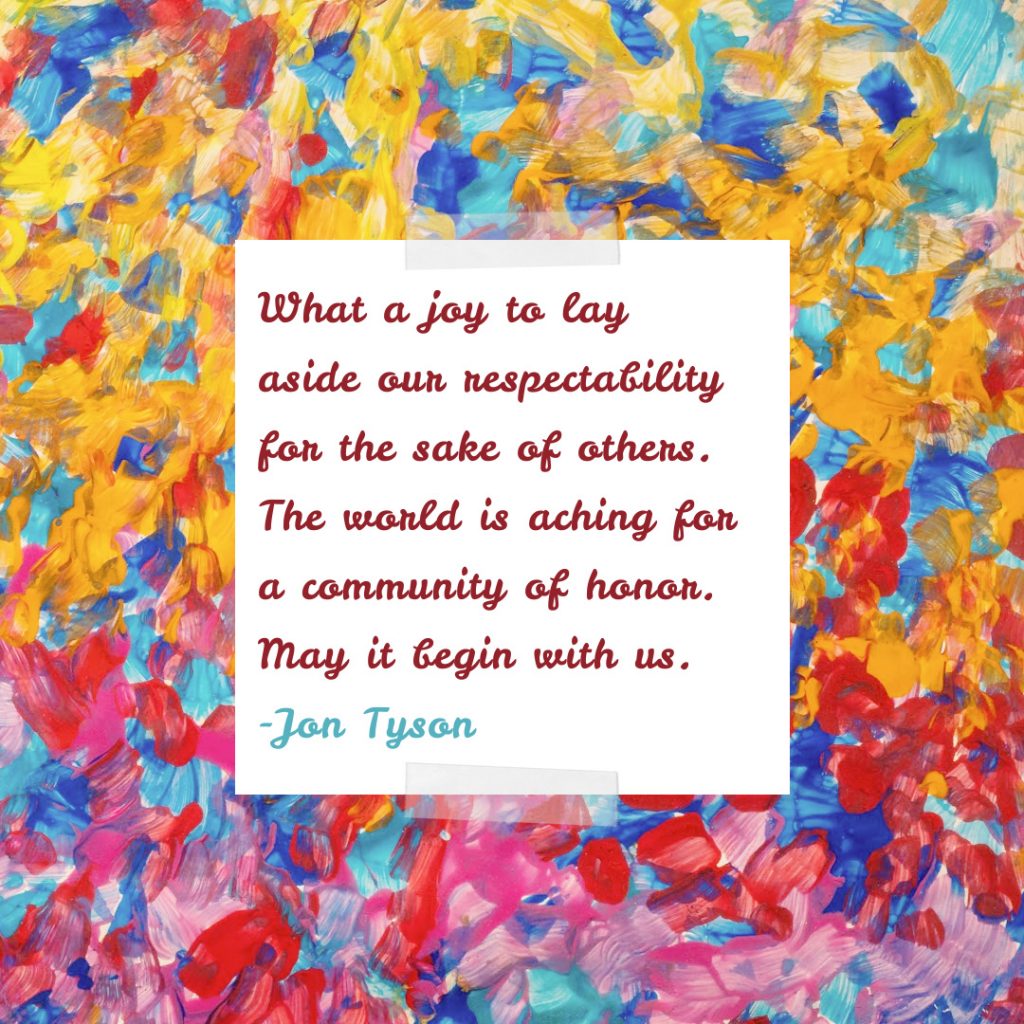Are you familiar with the term “linguistic theft”? Even if you don’t know the phrase, I’m sure you’ve encountered the concept. According to Mama Bear Apologetics, “linguistic theft refers to purposefully hijacking words, changing their definitions, and then using those same words as tools of propaganda.” While many language shifts are entirely benign, and some lingual evolution is natural (there was a time not so long ago when contemporary usages for “tweet” or “cancel” or “social distancing” were foreign to me), this phenomenon can have dire consequences.
Linguistic theft can lead to misunderstanding when we no longer share the same definitions for terms that were previously straightforward. And the watering down of powerful words and ideas can be an impetus for the dissolution of the concepts they once defined. As the meaning of a word changes, our ways of thinking, talking, and engaging with that word and its corresponding idea begin to shift—often without our knowing, and with subsequent irreparable damage to cultural norms and values.
Today, on Valentine’s Day, I’m thinking about a word that is on all of our lips (and on haphazardly signed notes exchanged and abandoned by elementary schoolers across the nation) every February 14: Love. It is arguably the most powerful word in the English language, a word that defines much of how and why we humans exist, yet this word has been misapplied, mangled, and manipulated past the point of recognition. In our culture, and in our language, the word “love” is used to explain our feelings about everything from ice cream flavors to our own children . . . and unless you are REALLY passionate about your ice cream, I’m just not sure the same word fits for both situations.

The word love isn’t going anywhere, nor should it. But when a word gets diluted or redefined, it can help to introduce new words into our conversations. Alternative terms can infuse fresh meaning and interpretation to concepts that have fallen prey to linguistic hijacking, and new vocabulary helps to color in the lines of terms that linguistic theft has attempted to erase. One word I have been contemplating as a potential “polishing term” for our tarnished understanding of love is a word not used too often in our society: honor.
In his book Beautiful Resistance, Jon Tyson defines honor as “the call to recognize the value someone possesses and esteem that person rightly.” Honor is what we often mean when we talk about loving others. And honor is a word I would like to see more of—not just the word, but the virtue.
Tyson goes on to say that as Christians, we have a lens of “divine value that sees every person as Christ does. . . people crowned with glory, worthy of welcome and recognition in the community of God.” What might it look like to honor people (to “love” them) in this way? How might our broken society find healing through our willingness to honor the people in our midst?
Honoring others—recognizing their value and esteeming them rightly—requires us to set aside our presumptions about people’s pasts. We don’t judge what they’ve left behind, critique their mistakes, or burden them with our opinions about where they have been. This does not mean that we deny their stories, but we see them as more than the sum of their failures and successes. We assure them that they are valuable in spite of (not because of) what they have seen, experienced, done, and been.
Honoring others also means that we recognize their potential for more. We notice their giftings, callings, and passions, and we come alongside them to help them accomplish what they were set on this planet to do.
Finally, honoring others means we stop ascribing motives to their actions. We assume the best, and we listen to their perspectives with a genuine desire to understand. We hear people out, responding to them with curiosity rather than judgment, compassion in place of critique, and a willingness to have our own assumptions proven wrong.

Honoring others, seeing them as whole people deserving of our empathy and grace, and treating them with respect and dignity—this sounds an awful lot like love to me. The kind of love that has the power to transform our marriages, empower our parenting, forge unity with those who differ from us, and establish peace with our enemies. When we honor our families, our neighbors, strangers, and friends, we resist all that is wrong and broken and replace it with something altogether different and altogether lovely.
Love (even the watered down version) is not a prerequisite to honor. We don’t need warm, fuzzy feelings for people to see them as Jesus sees them. We simply need a willingness to view people differently and then let our Jesus-filtered perceptions inform our actions moving forward. It might be love that makes the world go round, but I believe honor can play a pivotal role in keeping that world spinning in the right direction.